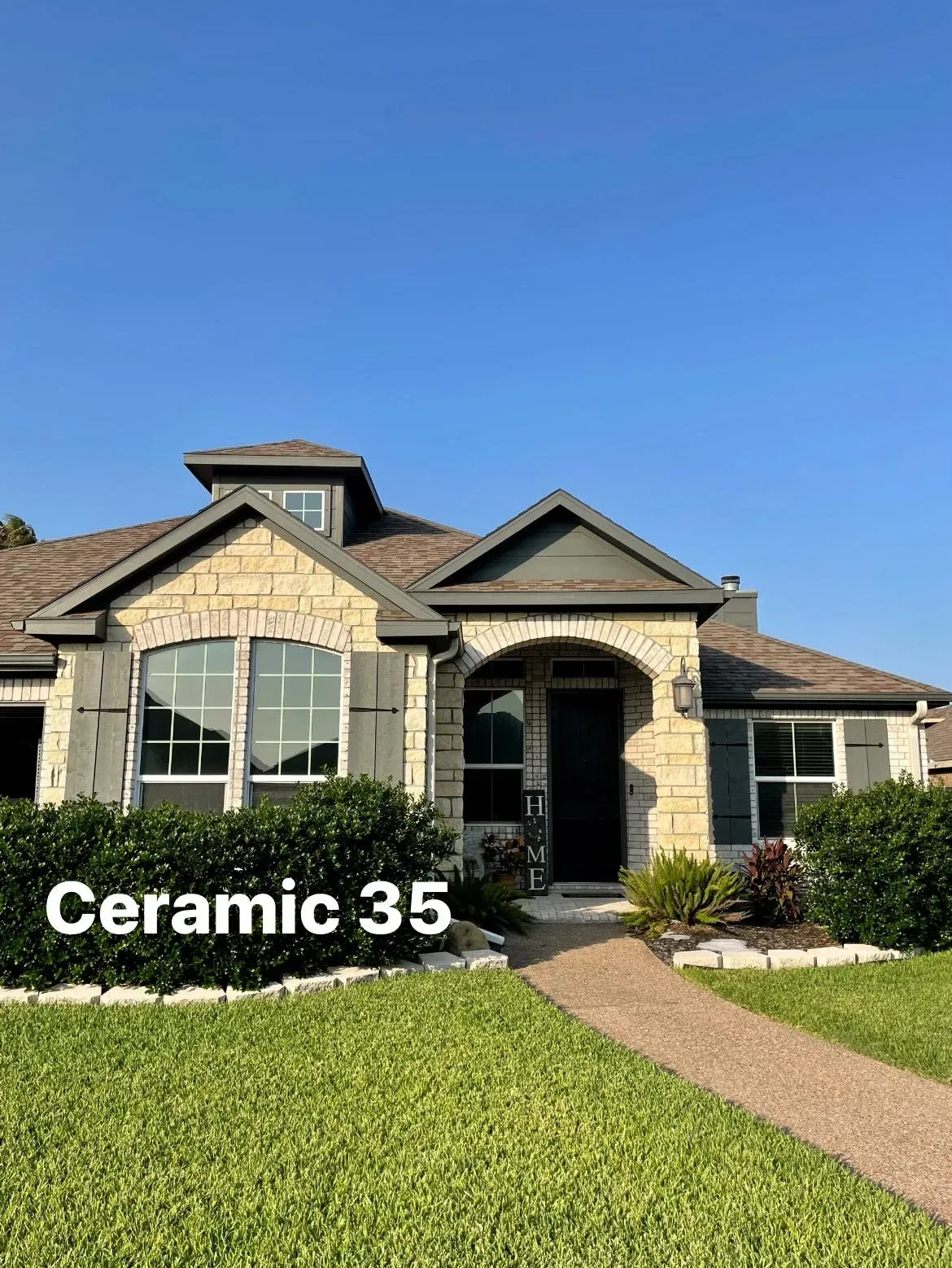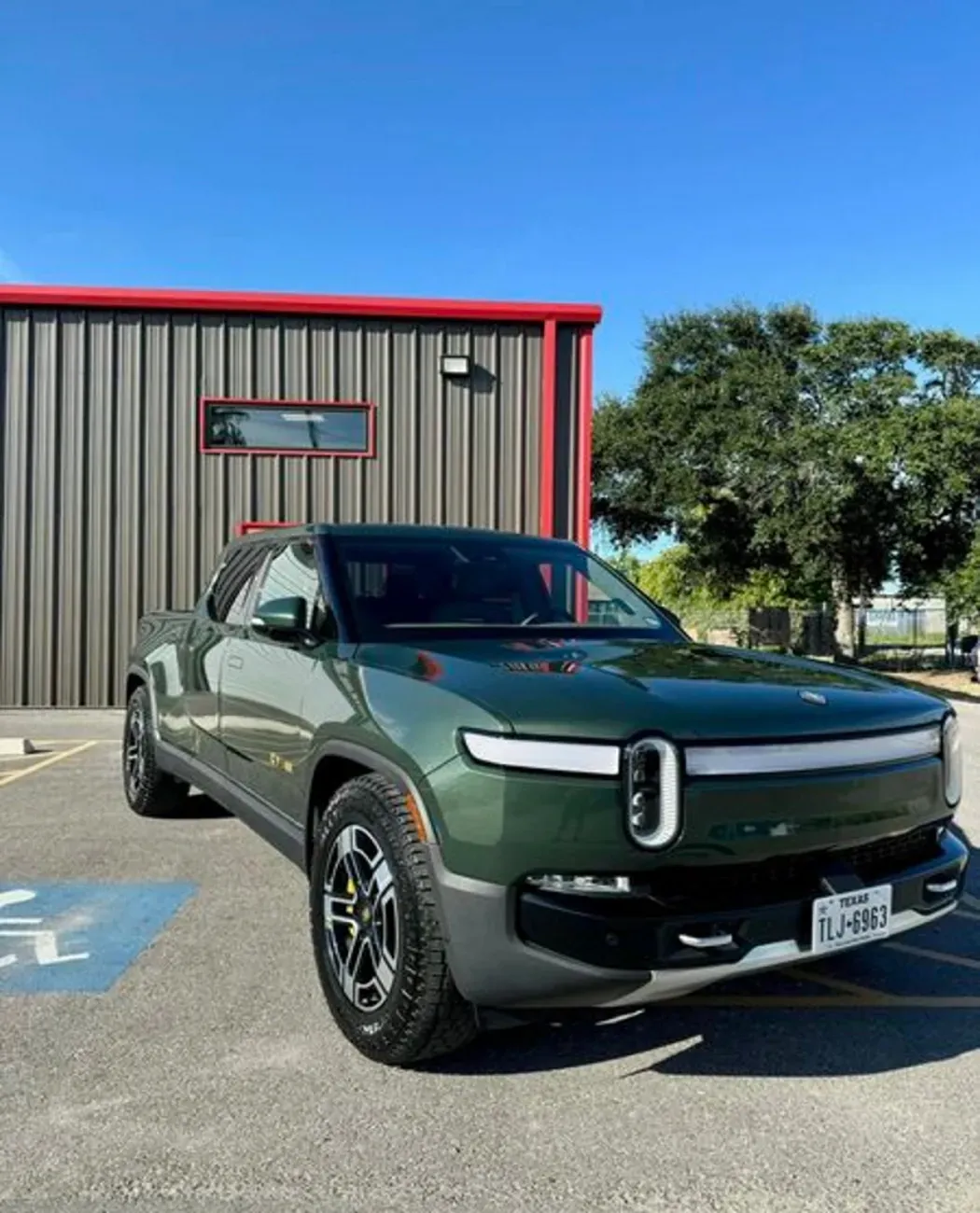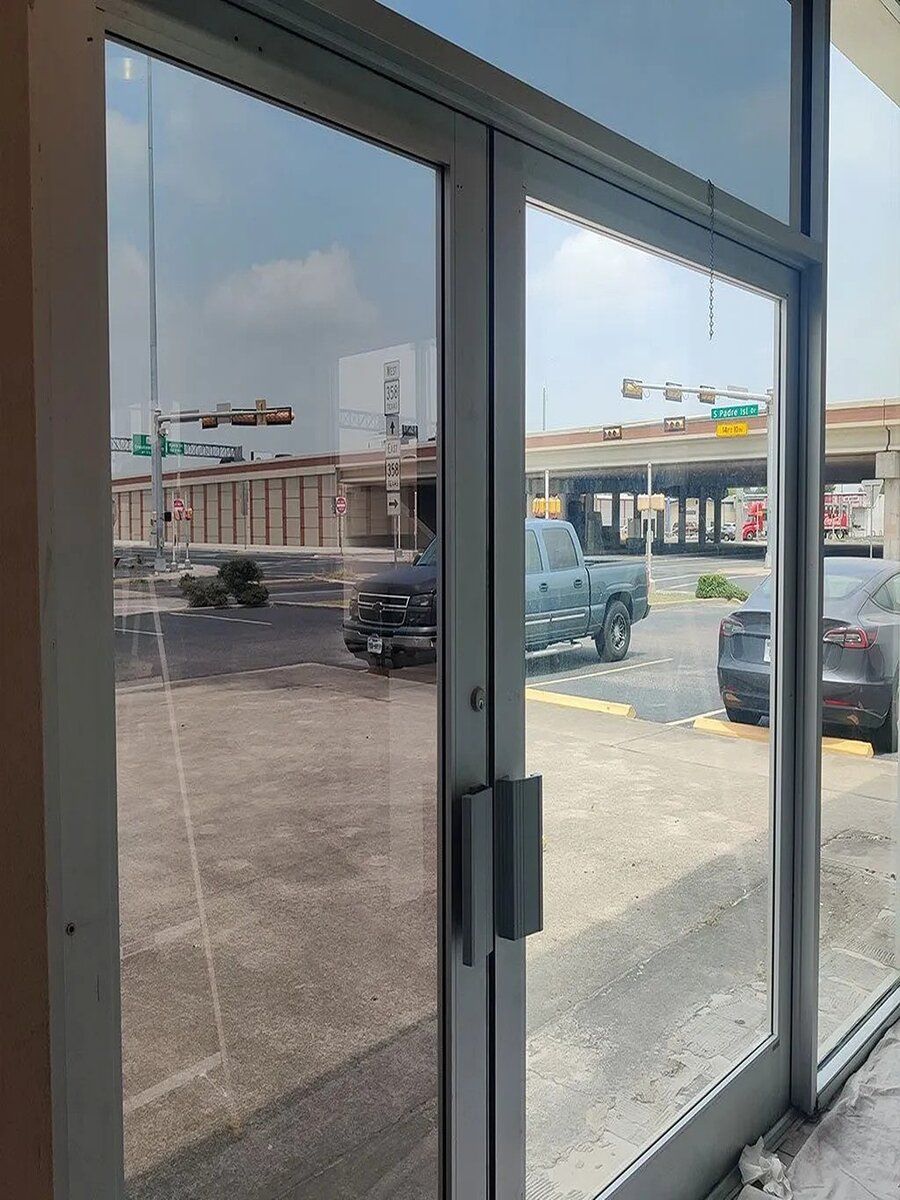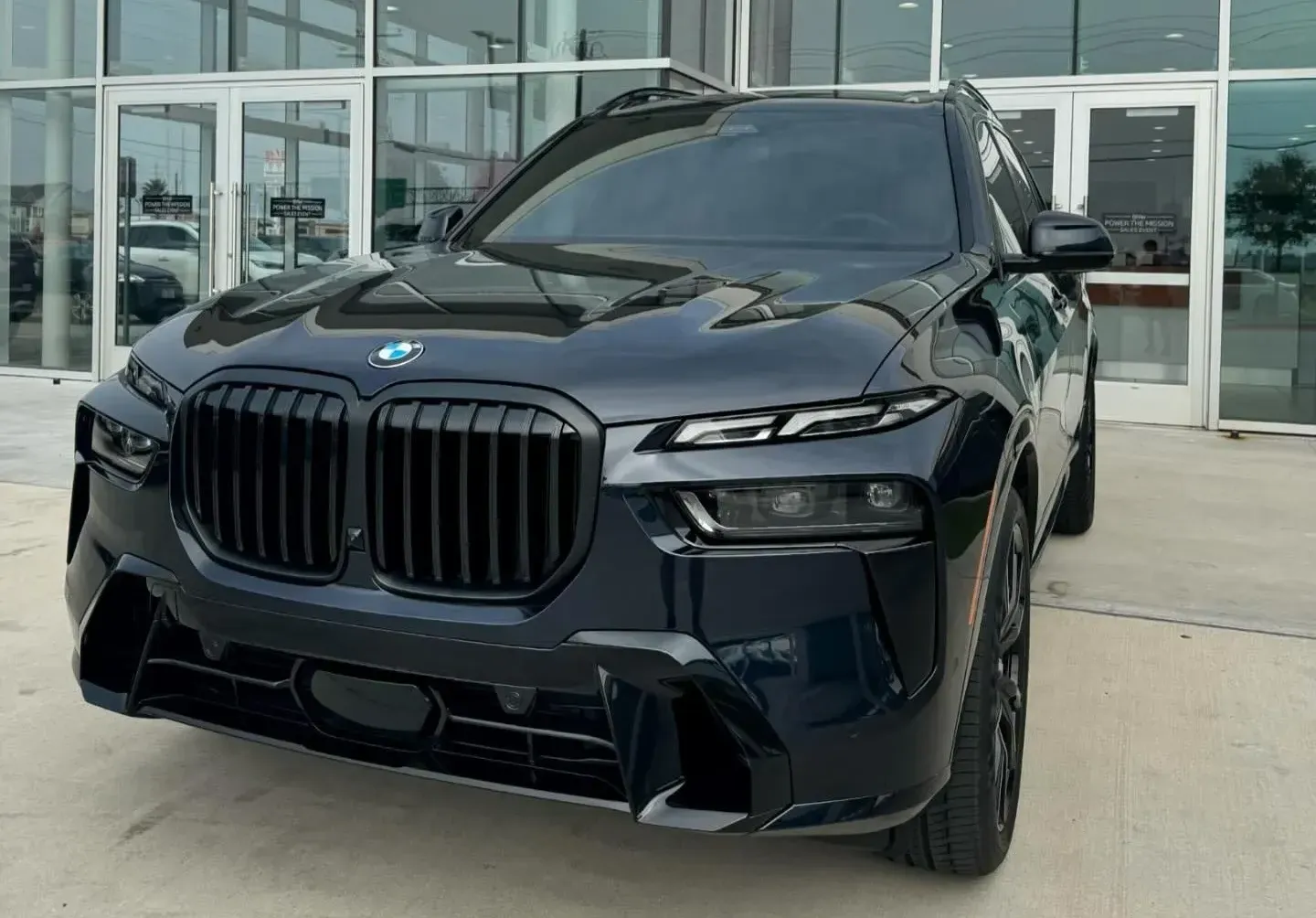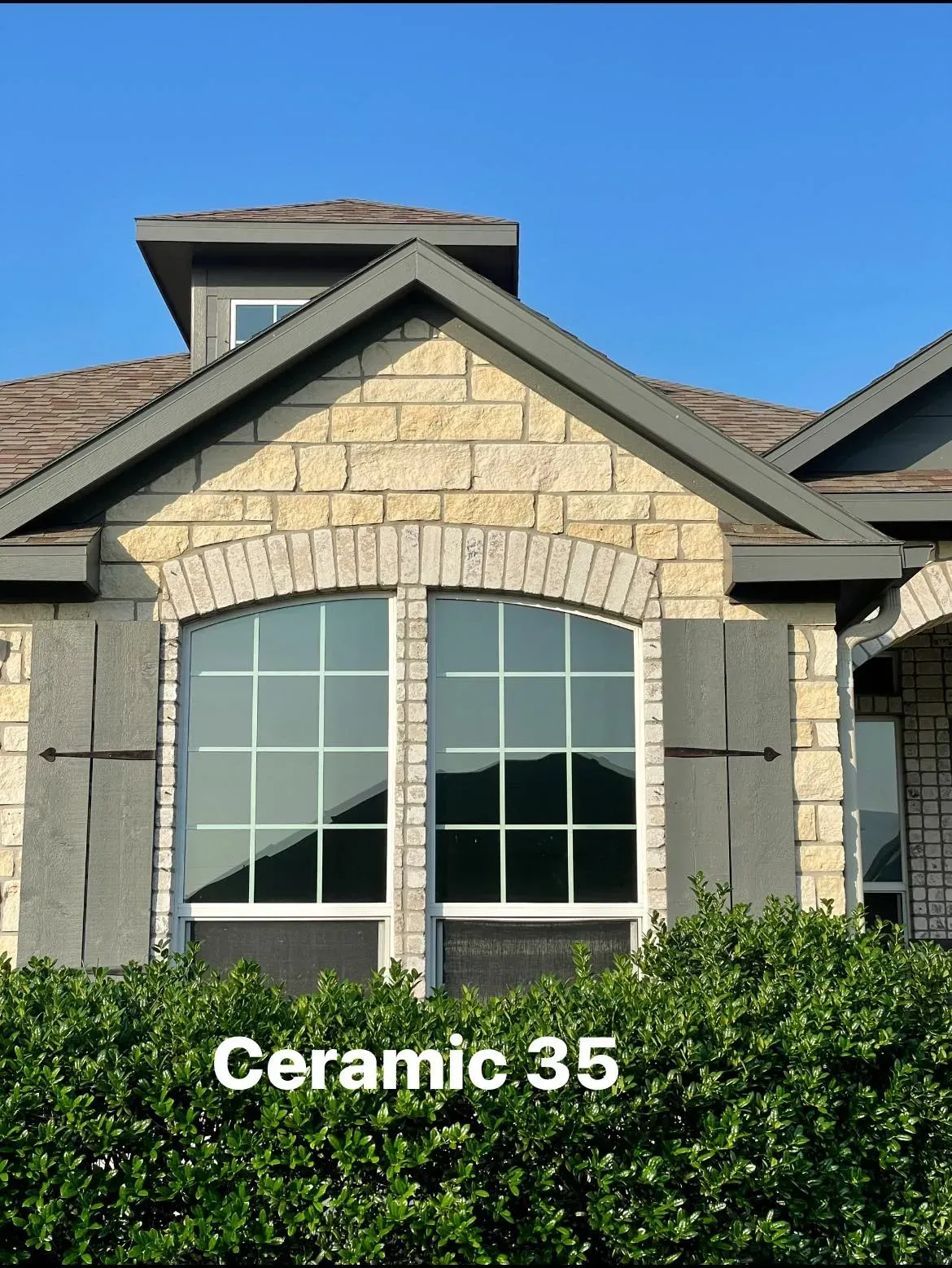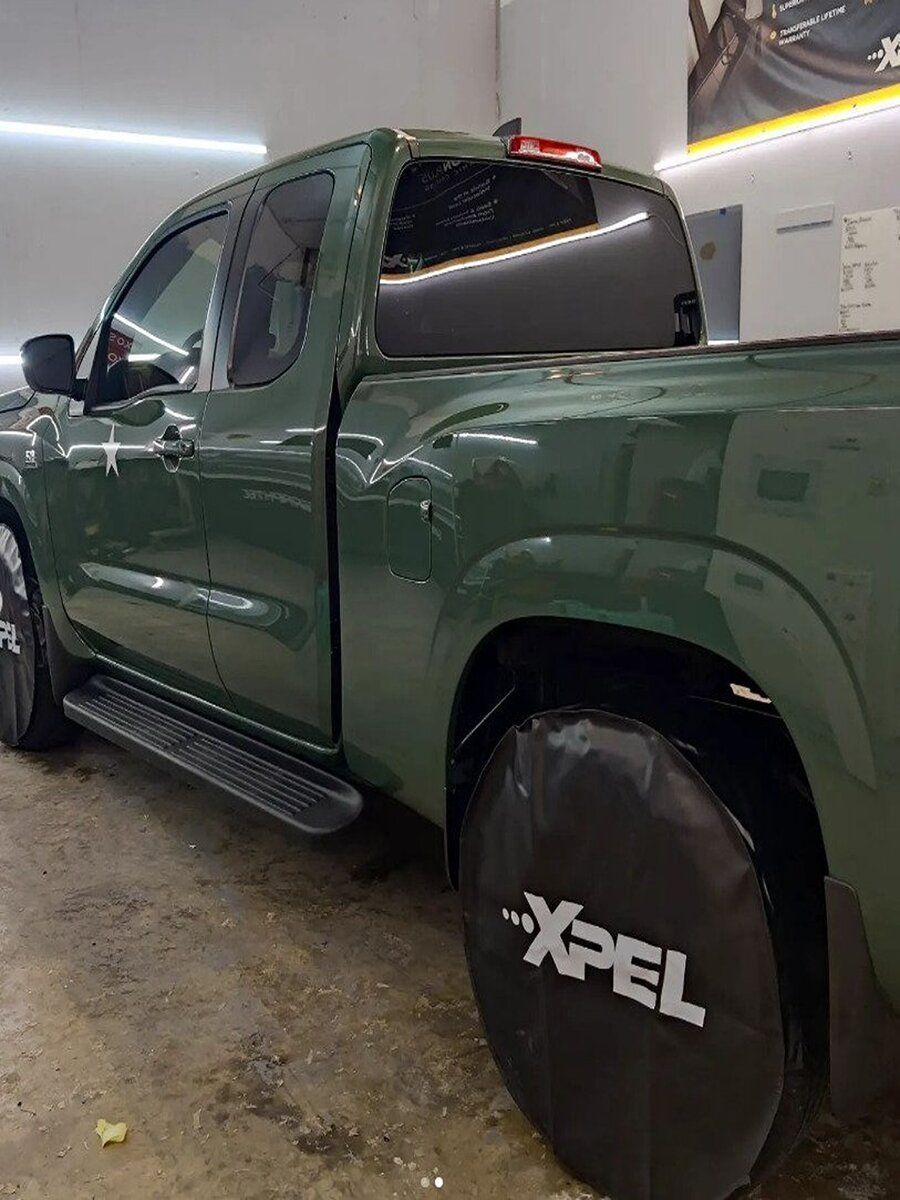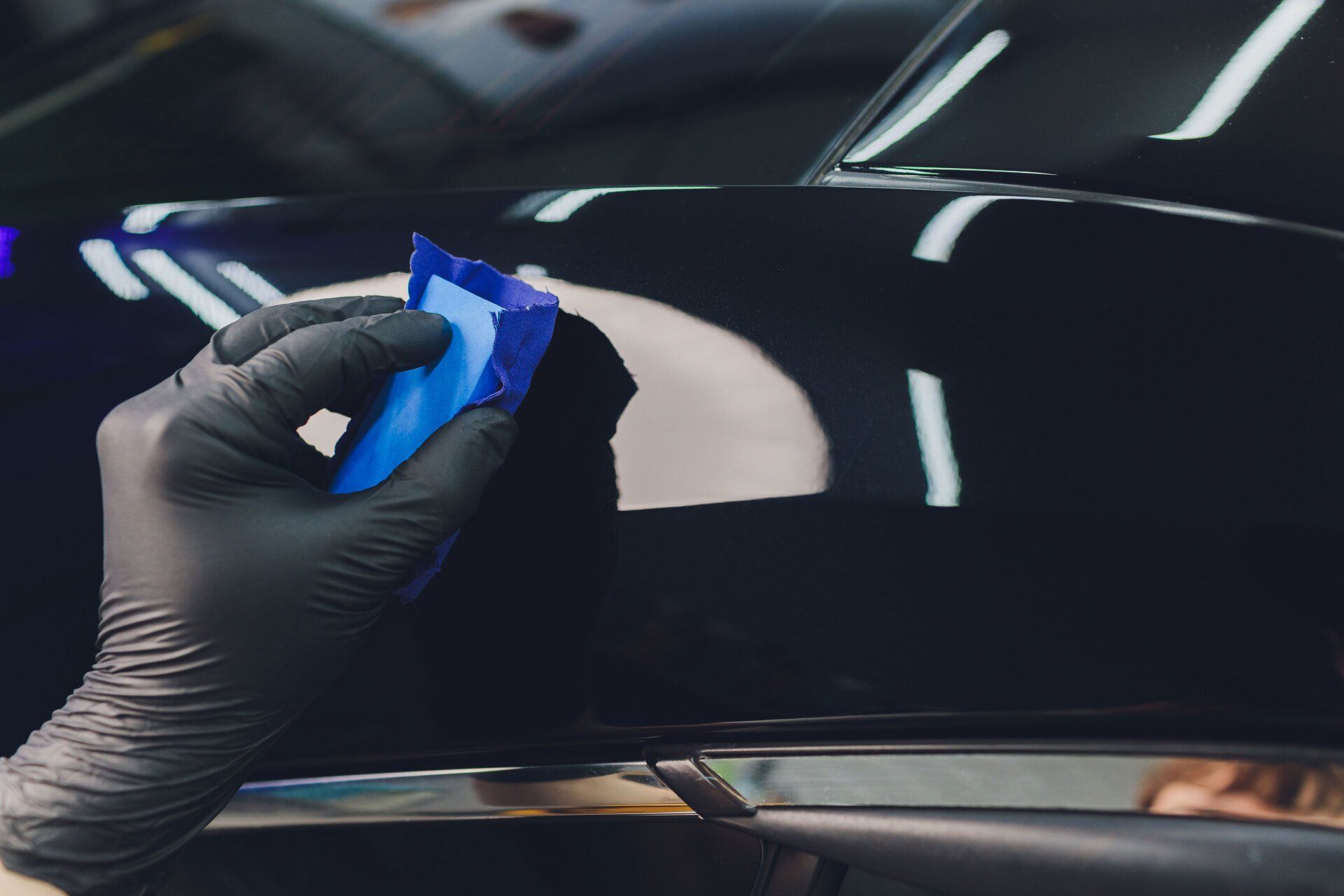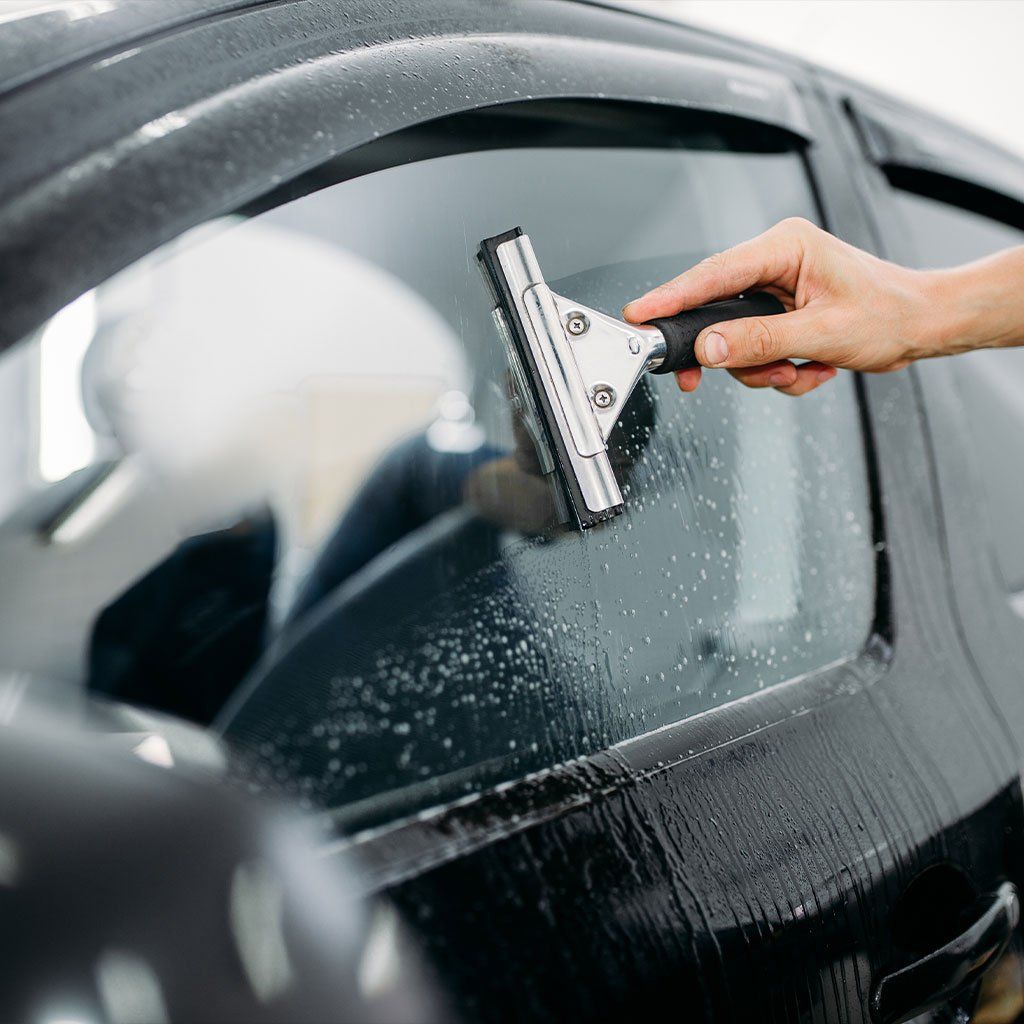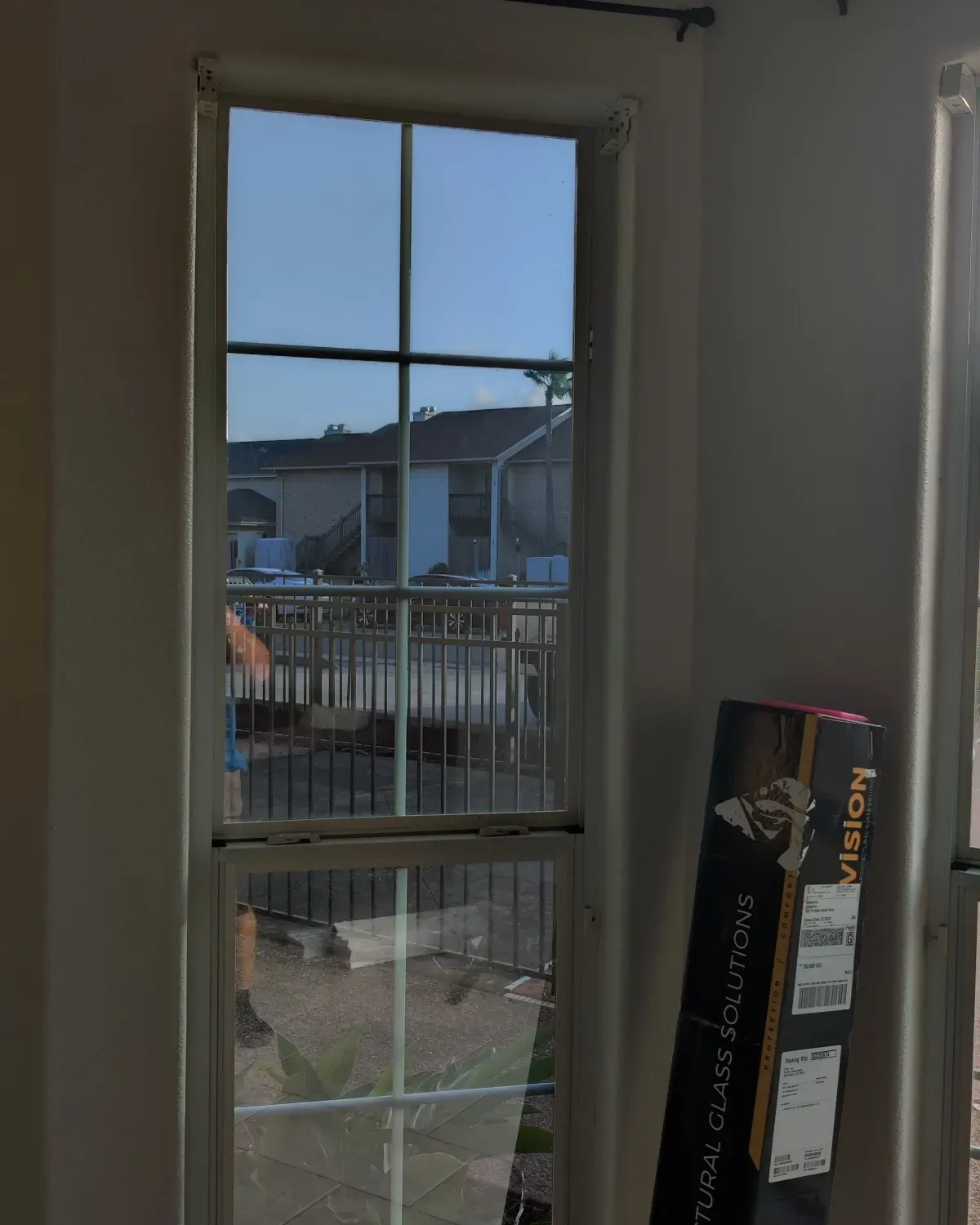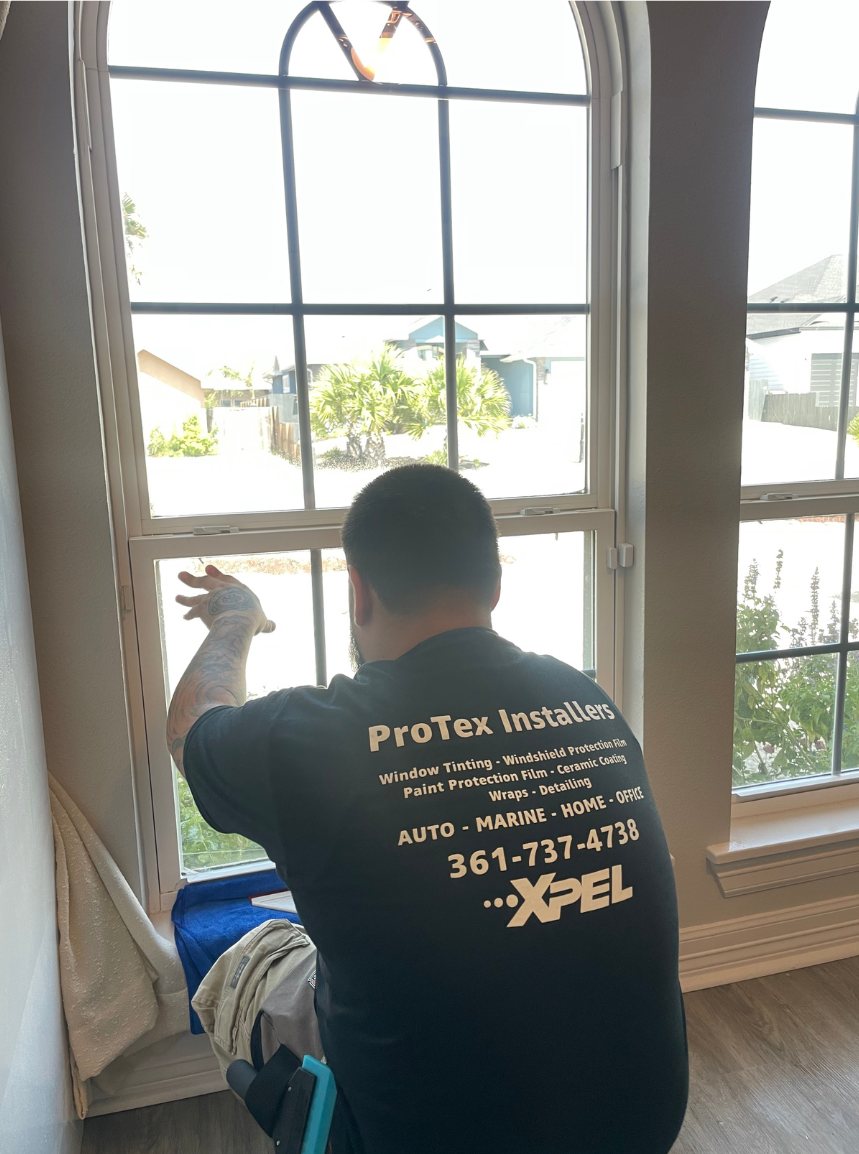Window Tinting for Cars: Exploring Different Types and Benefits
Window tinting is an increasingly popular trend in the automotive industry, offering both aesthetic and practical benefits. Window tinting can enhance privacy, reduce glare, shield from UV rays, and improve interior comfort, all of which add up to numerous advantages for vehicle owners. In this comprehensive guide, we'll examine various forms of car window tinting and their respective benefits, no matter if it is to upgrade its appearance or enhance functionality. Being informed about these can help make informed decisions for all automotive needs.
Car window tinting comes in several options, including dyed, metalized, hybrid, carbon, and ceramic tints. Each type offers unique features, such as UV protection, heat reduction, and signal interference considerations. It's important to consult a professional window tint specialist to find the best option for your vehicle while ensuring compliance with legal regulations.
Common Types of Car Window Tints
When it comes to car window tinting, not all tints are created equal. They come in different compositions and offer various benefits. Let's break down the most common types:
Dyed Tint
A dyed tint is made by placing a layer of dye between an adhesive and a protective outer layer. This type of tint offers a non-reflective appearance and good heat absorption, making it an affordable option for those looking to reduce interior heat. However, one downside is that dyed tints can fade over time, which might impact their long-term effectiveness in heat reduction.
Metallic Tint
Metallic tints feature tiny metallic particles that reflect heat and light more effectively than dyed tints. This results in superior heat rejection, making them a popular choice for individuals living in hot climates. However, it's important to note that metallic tints can interfere with electronic signals such as GPS and radio reception due to their composition.
Carbon Tint
Carbon tints utilize carbon particles to block a significant amount of heat and UV rays while maintaining a matte appearance over time. They are preferred by many because they don't interfere with electronic signals, making them a reliable option for those looking for both heat protection and unobstructed connectivity.
Ceramic Tint
Ceramic tints are considered high-end due to their advanced composition. Comprised of non-conductive and non-metallic ceramic particles, these tints offer the highest heat rejection, UV protection, and clarity without interfering with electronic signals. Although they tend to be pricier than other types of tints, the benefits they offer in terms of heat reduction and signal clarity make them a popular choice for many car owners.
Not only do these different types of window tints offer varying levels of performance, but they also cater to different consumer needs and preferences. It's important for car owners to evaluate their specific requirements before choosing a tint that best suits their vehicle and lifestyle.
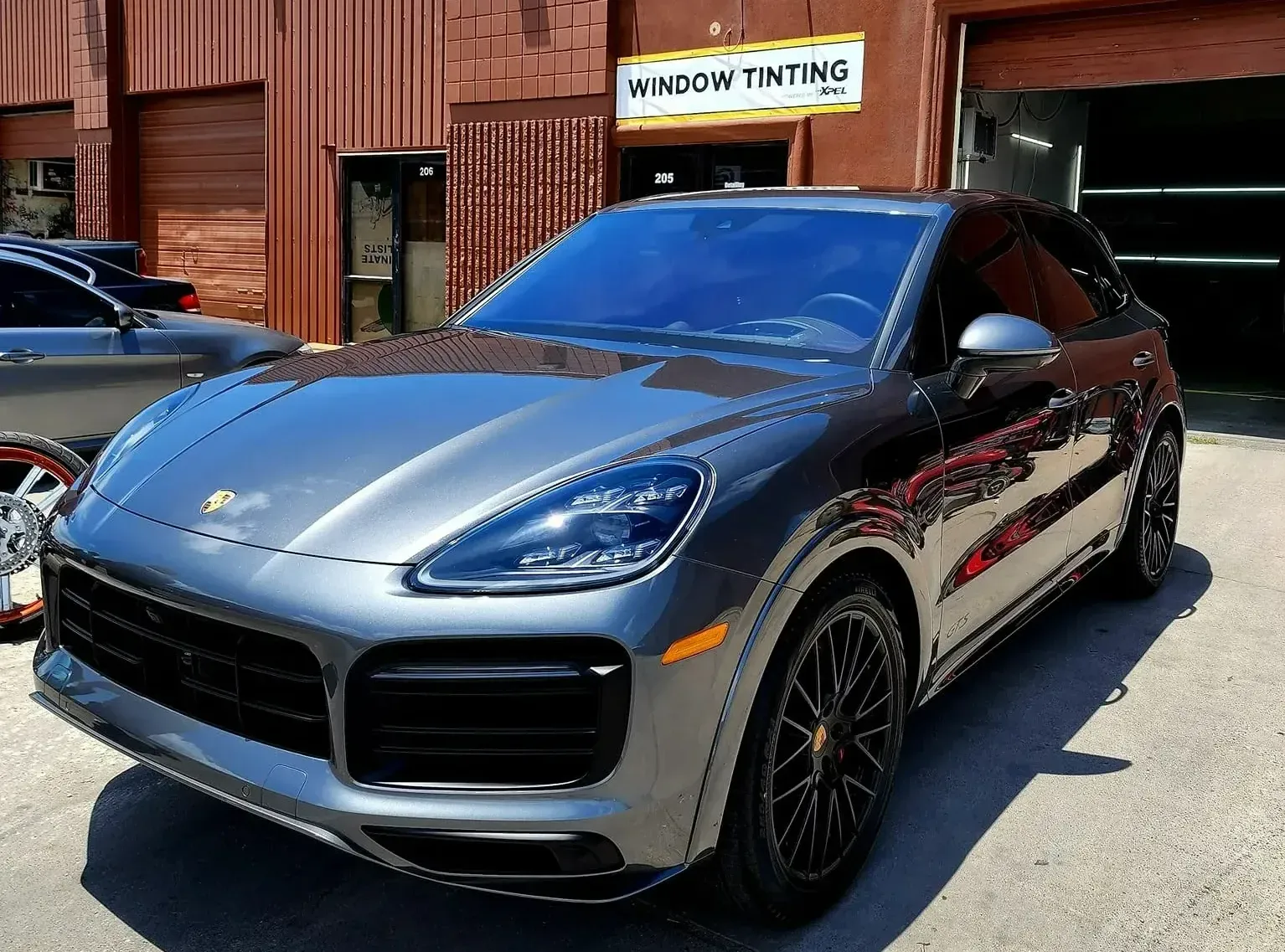
Professional vs. Aftermarket Tint
When considering getting your car windows tinted, you have two main options: professional installation and aftermarket tinting. Each one comes with its own set of benefits and drawbacks, so it's crucial to weigh them carefully before making a decision.
For professional installation, you can expect precise application and high-quality materials, often backed by a warranty. This means you can have peace of mind knowing that the job will be done with expertise, and if any issues arise, you're covered. Professionals have experience in working with different types of vehicles and can ensure a flawless application every time. They also have access to high-quality materials and advanced techniques that may not be available with aftermarket options.
The warranty that typically comes with professional installation adds an extra layer of security. It provides assurance that if anything goes wrong, such as bubbling or peeling, it can be addressed without additional costs.
However, when considering aftermarket tinting, while it may be more affordable, the quality and expertise can vary greatly from place to place. You might find some places offering budget-friendly options, but they may not provide the same level of precision or use high-quality materials.
While cost is often a major factor for many car owners, it's essential to consider the long-term implications of choosing aftermarket tinting over professional installation. The lower initial cost could result in higher expenses down the road if the tint begins to deteriorate quickly or isn’t applied evenly. Generally, aftermarket tinting doesn't come with the same assurances as professional installation. This lack of warranty can leave you exposed to potential issues that may arise after the tint has been installed.
Understanding Tint Percentages
Window tint comes in a variety of darkness levels or percentages, which indicate how much light can pass through. This can make a big difference when it comes to both style and functionality. For example, a 5% tint only allows 5% of light to penetrate, providing the highest level of privacy and heat reduction. Conversely, 50% tint permits 50% of light to pass through, offering a balance of light visibility and heat protection.
How Tint Percentages Impact Functionality
The percentage of tint also affects the benefits you get from it. Darker tints are more effective at reducing glare and blocking heat, making them ideal for hot and sunny climates. Meanwhile, lighter tints allow more light to pass through, making them a better choice for maintaining visibility in low-light conditions.
Legal Considerations
It’s essential to be aware of local regulations when choosing a tint percentage for your vehicle due to safety concerns and legal restrictions. Familiarizing yourself with these rules will help you avoid any issues with law enforcement and ensure compliance.
Personal Preferences
Aside from legal considerations, it's essential to consider your personal preferences when choosing a tint percentage. Do you want maximum privacy and UV protection? Or do you value clarity and visibility while driving? Understanding what matters most to you will help guide your decision when selecting a tint percentage for your vehicle.
Advanced Tint Technologies
When it comes to window tinting, technology has brought us some cool advancements that go beyond just plain old shade. Two of these advanced options: are photochromic and thermochromic tints.
Photochromic Tint
Have you ever heard of those special eyeglasses that get darker when you're outside in the sun and clearer when you're inside? Well, guess what? There are tints for your car windows that work the same way! These photochromic tints are like magic—they adjust their darkness based on how sunny it is.
In bright conditions, they darken to keep out more light, while in darker environments, like when it's overcast or rainy, they become less dark to let more light in. This means you don't have to worry about constantly adjusting your tint or having it feel too dark or not dark enough throughout the day.
Thermochromic Tint
Thermochromic tints are pretty amazing too because they react to temperature changes. As things heat up outside, perhaps during the hottest part of the day, these tints get darker to help keep out more of that intense sunlight. Then, as things cool down in the evening or during milder seasons, they become clearer, letting in more light.
Imagine having a tint that automatically protects you from harsh sunlight when it's hot outside and then allows more visibility and natural light when things cool down. It's like having a set of smart windows for your car!
These innovative advancements in tint technologies are great options for anyone who wants dynamic control over the amount of light coming through their car windows without having to manually adjust anything. They provide flexibility and adaptability based on changing lighting conditions and temperature changes, making them an excellent choice for a comfortable and safe driving experience.
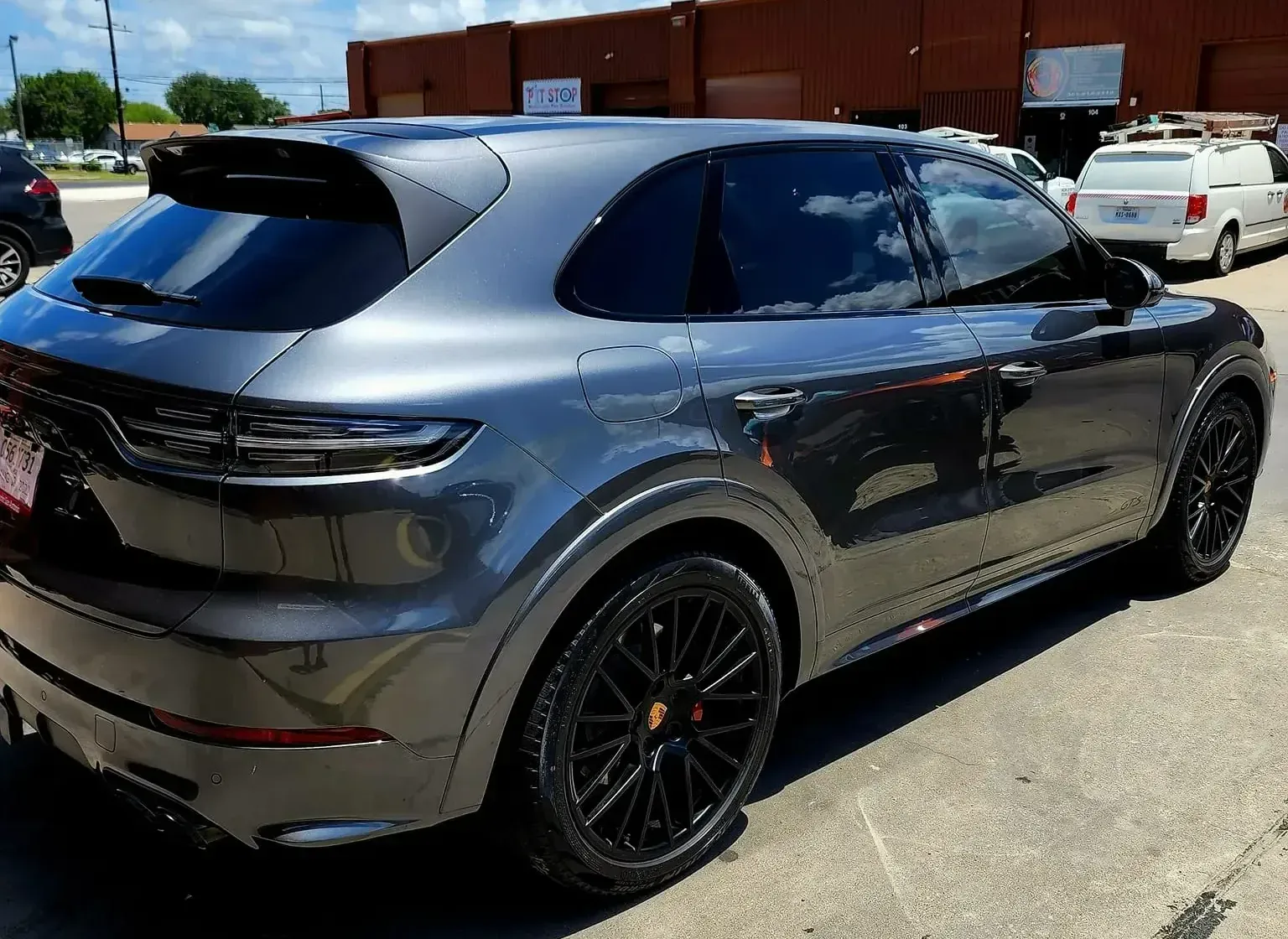
Specialized Tints for Windshields and Sunroofs
When considering the tinting of our vehicles, we often overlook the significance of treating the sunroof and windshield with the same degree of care as the side windows.
UV-Protective Tints
UV-protective tints are specifically formulated to prevent harmful UV rays from penetrating the vehicle. These tints shield interior components—such as the dashboard and seats—from sun-induced damage, while also safeguarding passengers against the adverse effects of prolonged UV exposure. This protection is particularly valuable in regions with high temperatures and intense sunlight.
Clear Tints for Sunroofs
Clear tints may not alter color or darkness but they are highly effective at blocking harmful UV rays and reducing heat. By applying clear tints to sunroofs, one can benefit from UV protection without changing the appearance of the glass, enabling natural light and a clear view of the sky.
Keep in mind that clear tints for sunroofs act as an invisible shield against UV radiation, offering those inside the vehicle peace of mind and safeguarding their health without altering the aesthetic appeal of the sunroof.
Specialized tints for windshields and sunroofs play a vital role in maintaining not just the vehicle's interior condition but also ensuring the well-being of its occupants. It's important to consider these specialized options when seeking to enhance comfort, safety, and longevity during your rides.
Advantages of Car Window Tinting
Car window tinting isn't just about adding a sleek, stylish look to your vehicle; it also comes with practical benefits that cater to both the driver and the vehicle's interior. Let's explore the benefits of car window tinting and how it can improve your driving experience and enhance the longevity of your car's interior.
UV Protection
As the sun shines into your car, harmful ultraviolet (UV) rays penetrate through the windows, posing risks to your skin and leading to interior damage over time. Window tints act as a shield against these harmful rays, reducing the amount of UV radiation that enters the vehicle. By doing so, they offer meaningful protection against skin cancer and prevent interior upholstery from fading and deteriorating due to prolonged exposure to UV rays.
Heat Reduction
On a hot summer day, sunlight streaming through the windows can dramatically increase the temperature inside your car, making it feel like an oven! Tinted windows can help by blocking solar heat, keeping the interior cool even in scorching weather. This not only makes for a more comfortable drive but also reduces the need for excessive air conditioning. By lowering the reliance on air conditioning, tinted windows can even contribute to improved fuel efficiency, saving you money in the long run.
Glare Reduction
Glare from headlights and sunlight isn't just annoying; it can also be a safety hazard, especially during long drives or in bright outdoor conditions. Window tints assist in minimizing this glare, enhancing visibility, and reducing eye strain for drivers and passengers. This reduction in glare not only makes driving more comfortable but also contributes to safer road trips by providing better visibility.
With these valuable benefits in mind, it's clear that car window tinting serves as more than just a cosmetic upgrade for vehicles—it plays a vital role in enhancing comfort, safety, and the overall well-being of both you and your car. Learn more about the benefits of window tinting for cars!
Are you ready to experience these benefits for yourself? Contact us at
ProTex Installers or call us at (361) 737-4738 to schedule your professional window tinting service today!

